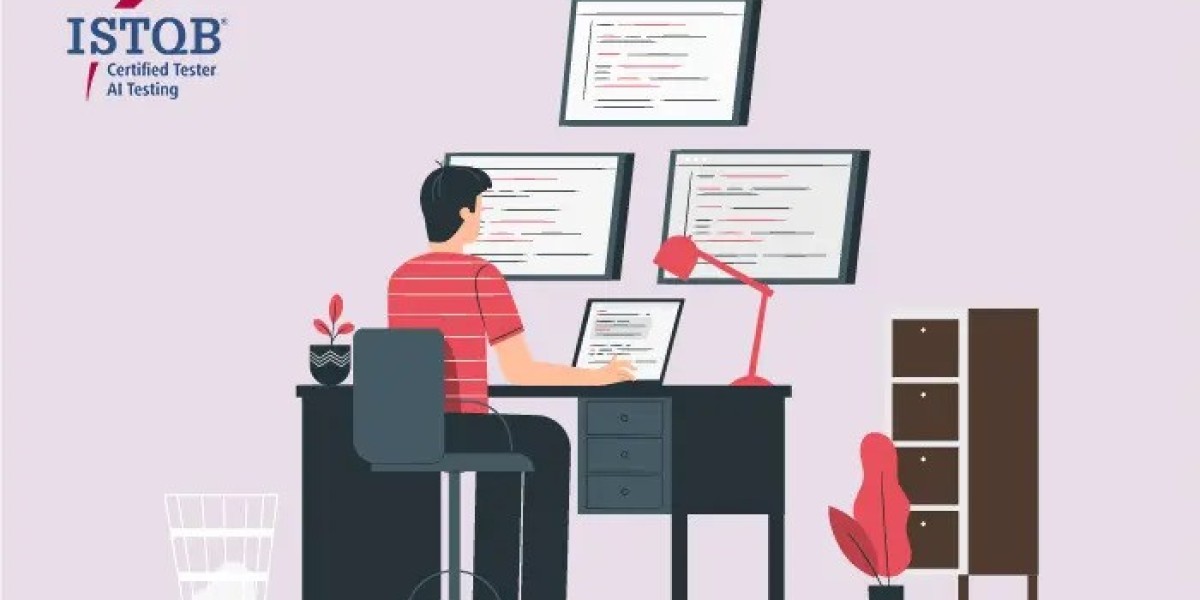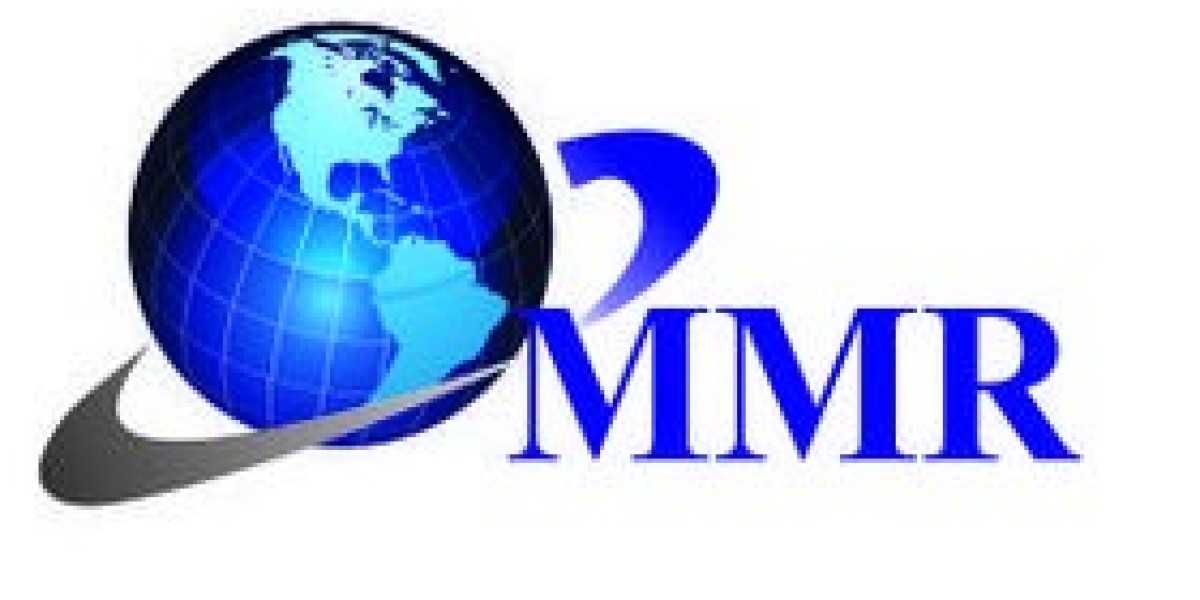The Definitive Guide for ISTQB Certified Testers
Introduction
We live in a world where software applications are part of our everyday routine. Everything we do—from using mobile applications like Uber or Zomato to running businesses that use custom-made software—is controlled by this single computer program. As software grows in complexity and criticality, the need for rigorous and practical testing has never been more paramount. The International Software Testing Qualifications Board (ISTQB) is a globally recognised body that sets the standard for software testing certifications.
The ISTQB certification is a prestigious credential that validates an individual’s knowledge and expertise in software testing principles, techniques, and best practices. Employers worldwide highly seek this certification, as it demonstrates a tester’s commitment to professional development and adherence to industry-leading testing methodologies.
This comprehensive guide will explore the world of ISTQB certification, its significance, the certification paths, and the benefits it offers to testers and organisations.
Understanding the ISTQB Certification:
ISTQB, the International Software Testing Quality Board, was founded in 2002 as a non-profit association to create a globally recognised certification program for software testers. Since then, the ISTQB has been the standard reference point for software testing certifications, and it has awarded over 800,000 certificates in over one hundred and twenty countries.
The ISTQB certification program is structured into multiple levels, allowing testers to build upon their knowledge and advance their careers gradually. The certification levels are as follows:
1. ISTQB Certified Tester Foundation Level (CTFL):
The CTFL exam is the entry-level certification in the ISTQB certification path. It is designed to validate a tester’s fundamental knowledge and understanding of basic software testing concepts, principles, and techniques.
The CTFL syllabus is divided into six main sections:
Fundamentals of Testing: This section covers the basic concepts, principles, and psychology of software testing, the testing process and its economic, psychological, and ethical considerations.
Testing Throughout the Software Life Cycle: This section focuses on testing in different phases of the software development life cycle, including requirements engineering, design, implementation, and maintenance.
Static Testing Techniques: This section covers static testing techniques such as reviews, static analysis, and tools for static testing.
Test Design Techniques: This section introduces various test design techniques, including specification-based (black-box) techniques like equivalence partitioning and boundary value analysis and structure-based (white-box) techniques like statement and decision coverage.
Test Management: This section covers test planning, monitoring, and control activities, as well as configuration management and risk management in the context of testing.
Tool Support for Testing: This section overviews different test tools and their applications in the testing process.
The current version of the CTFL is 4.0. The previous version, CTFL 3.1, is about to be retired soon. The CTFL exam consists of 40 multiple-choice questions, and candidates have 60 minutes to complete the exam. A score of 65% or higher is required to pass the exam.
2. ISTQB Advanced Level:
The ISTQB Advanced Level certifications are intended for experienced software testers who have already obtained the CTFL certification. This level offers four distinct streams:
Test Analyst: The Test Analyst stream focuses on advanced test analysis and design techniques. It covers risk-based testing, test design for specific software characteristics (e.g., usability, performance, security), and experience-based testing techniques.
Technical Test Analyst: The Technical Test Analyst stream delves into testing in a technical context, including testing software architecture, security, performance, and usability, as well as the application of tools and automation in testing.
Test Manager: The Test Manager stream covers advanced test management concepts, such as risk management, test estimation, metrics and reporting, and managing test teams and stakeholders in different project contexts.
Test Automation Engineer: The Test Automation Engineer stream focuses on the principles, techniques, and tools for automating software testing activities, including test design, execution, and maintenance of automated tests, as well as the application of automation in different testing contexts.
The Advanced Level exams consist of multiple-choice, scenario-based, and essay-type questions designed to assess practical knowledge and application of testing concepts. The exam duration and passing score may vary depending on the specific stream.
3. ISTQB Expert Level:
The ISTQB Expert Level certifications are aimed at highly experienced testing professionals who have already obtained Advanced Level certifications. This level offers three distinct streams:
Improving the Testing Process: This stream focuses on improving and optimising testing processes, including model-based testing, quality management, and process improvement methodologies such as TPI (Test Process Improvement) and TMMi (Test Maturity Model Integration).
Test Management: The Test Management stream covers advanced topics in test management, such as strategic test management, managing testing in an outsourced/offshored context, and managing organisational test processes across multiple projects and teams.
Agile Tester: The Agile Tester stream focuses on testing in an Agile context, including Agile testing principles, practices, and techniques, as well as the role and responsibilities of the tester in Agile projects and the integration of testing into Agile processes.
The Expert-Level exams are typically more challenging and require a deep understanding of testing concepts and significant practical experience in the respective domain. They may include multiple-choice, scenario-based, and essay-type questions, emphasising practical application and problem-solving.
4. ISTQB Specialist Level:
Apart from the above three levels, ISTQB offers certification for the following specific skills:
AI testing
Game testing
Test automation engineer
Usability testing
Automotive Software testing
Performance testing
Acceptance testing
Gambling industry Tester
Mobile application testing
Security testing
Model-based testing
The ISTQB exams assess theoretical understanding, practical skills, and the ability to apply testing principles and techniques in real-world contexts. Completing these exams marks competence and dedication to staying current and growing within this area among individuals who have taken them worldwide. Additionally, every grade tackles aspects relevant to software tests, ensuring that when a person is certified as an expert, they have what it takes to be at the top of their game.
Benefits of ISTQB Certification:
Here are some key advantages of obtaining an ISTQB certification
For Testers:
Boosted Knowledge and Skills: The ISTQB certification scheme encompasses extensive testing methodologies, techniques, and concepts, allowing the tester to remain current about the best modes in the industry.
Career Advancement: Getting ahead in your career can significantly change everything. Your worth as a certified tester increases, so this certification makes a resume more desirable. It is a key to more job opportunities and higher pay, among other benefits, in the software testing industry.
Professional Credibility: Getting ISTQB certification shows that a tester is committed to professional growth and dedicated to industry standards, which will improve his credibility in society.
Continuous Learning: The ISTQB promotes a culture of constant learning, regularly updating its certification syllabi to reflect the latest trends and advancements in software testing.
For Organizations:
Best Practice: Employing ISTQB-certified testers with knowledge and expertise produces better software quality and more effective testing practices, resulting in high-quality products.
Risk management: Organizations that use ISTQB-certified tests are riskless because they can detect these risks, thus assisting the organisation in reducing expensive defects and failures.
Standardised Testing Processes: The ISTQB certification promotes the adoption of standardised testing methodologies, enabling organisations to establish consistent and efficient testing processes across teams and projects.
Competitive Advantage: Organizations that invest in ISTQB-certified testers demonstrate their commitment to quality and can leverage this as a competitive advantage, building trust and confidence among clients and stakeholders.
Preparing for ISTQB Certification:
Achieving ISTQB certification requires dedication and structured effort.
Here are some tips to help you prepare for ISTQB certification:
Familiarise yourself with the syllabus: ISQTB provides a complete syllabus at any certification level, which includes the examination topics, concepts and techniques. Reading attentively this syllabus becomes important in comprehending how much knowledge one has to gain.
Take part in Training Programs: Numerous training providers offer physical or online ISTQB certification exam courses. These programs are meant to make the learning process more structured, include examples of workflow, and exploit the wisdom of veteran educators, all of which enhance one’s chances of passing.
Practice with Sample Questions: Test yourself using the examination format by practising with sample questions and mock exams. This will help you better understand the question types and improve your time management skills during the exam.
Use Study Resources: Utilize various study resources, such as textbooks, online forums, blogs, and video tutorials, to reinforce your understanding of the concepts and techniques covered in the ISTQB syllabus.
Gain Practical Experience: While theoretical knowledge is essential, combining it with practical experience in software testing can enhance your understanding and application of the ISTQB concepts.
Becoming an ISTQB Certified Tester:
As mentioned above, To become an ISTQB-certified tester, you must successfully pass the relevant examination for the desired certification level. The ISTQB exams are administered by accredited exam providers worldwide, offering flexibility and convenience for candidates.
The ISTQB Certified Tester Foundation Level (CTFL) exam is a multiple-choice paper-based or computer-based test consisting of 40 questions to be completed within 60 minutes. Passing this exam is a prerequisite for advancing to higher certification levels.
For the Advanced and Expert level certifications, the exams may include a combination of multiple-choice, scenario-based, and essay-type questions designed to assess your practical knowledge and application of testing concepts.
Upon passing the required exams, you will be awarded the corresponding ISTQB certification, valid for life. However, it is recommended that you continuously update your knowledge and skills to remain current with industry advancements and best practices.
Conclusion
The ISTQB certification journey is a rewarding experience. It enables software testers to elevate their expertise, enhance their professional credibility, and contribute to delivering high-quality software products. By embracing the ISTQB certification, testers can unlock new career opportunities, drive innovation, and play a vital role in shaping the future of software testing.
ISTQB Agile Tester Certification









